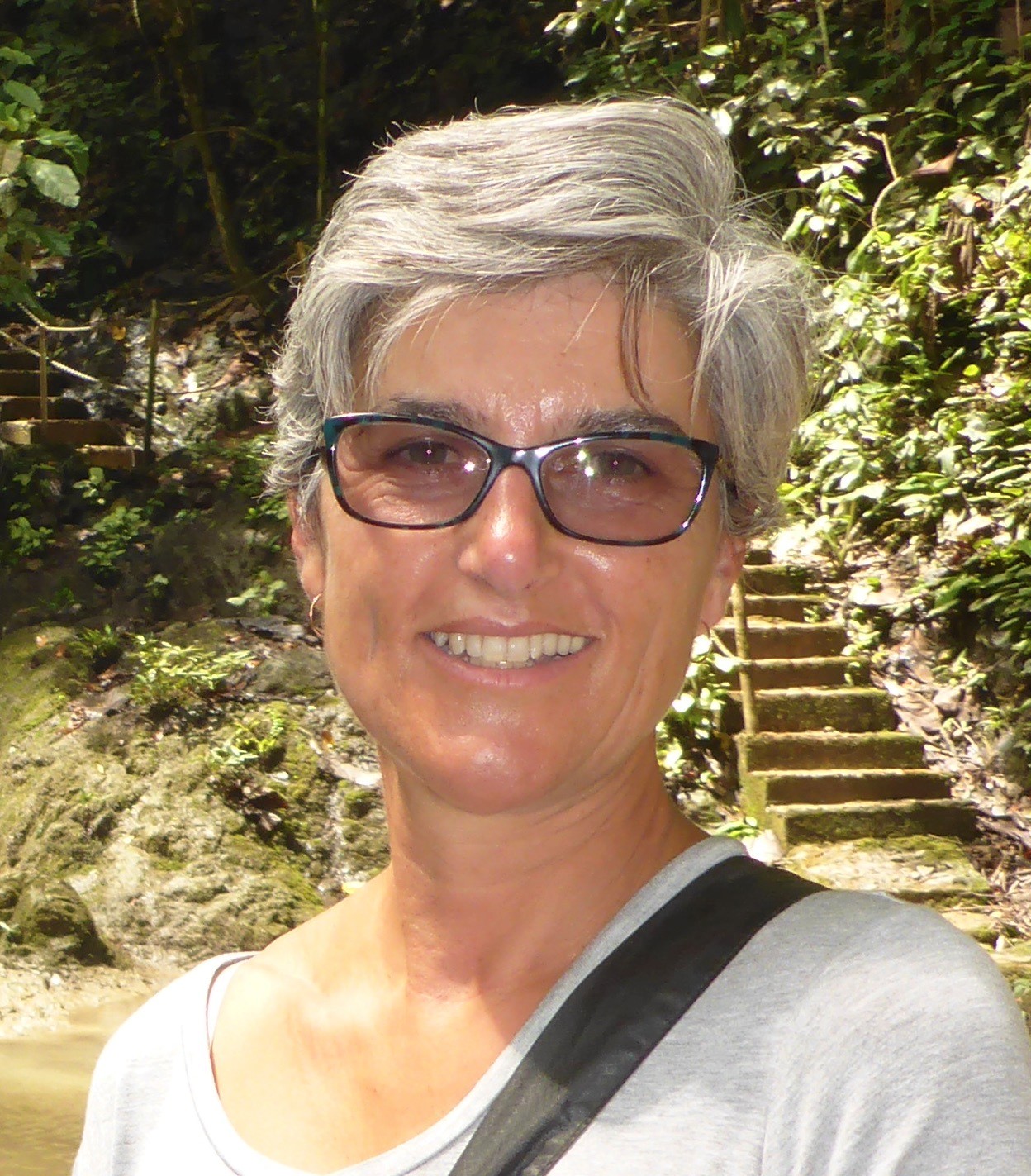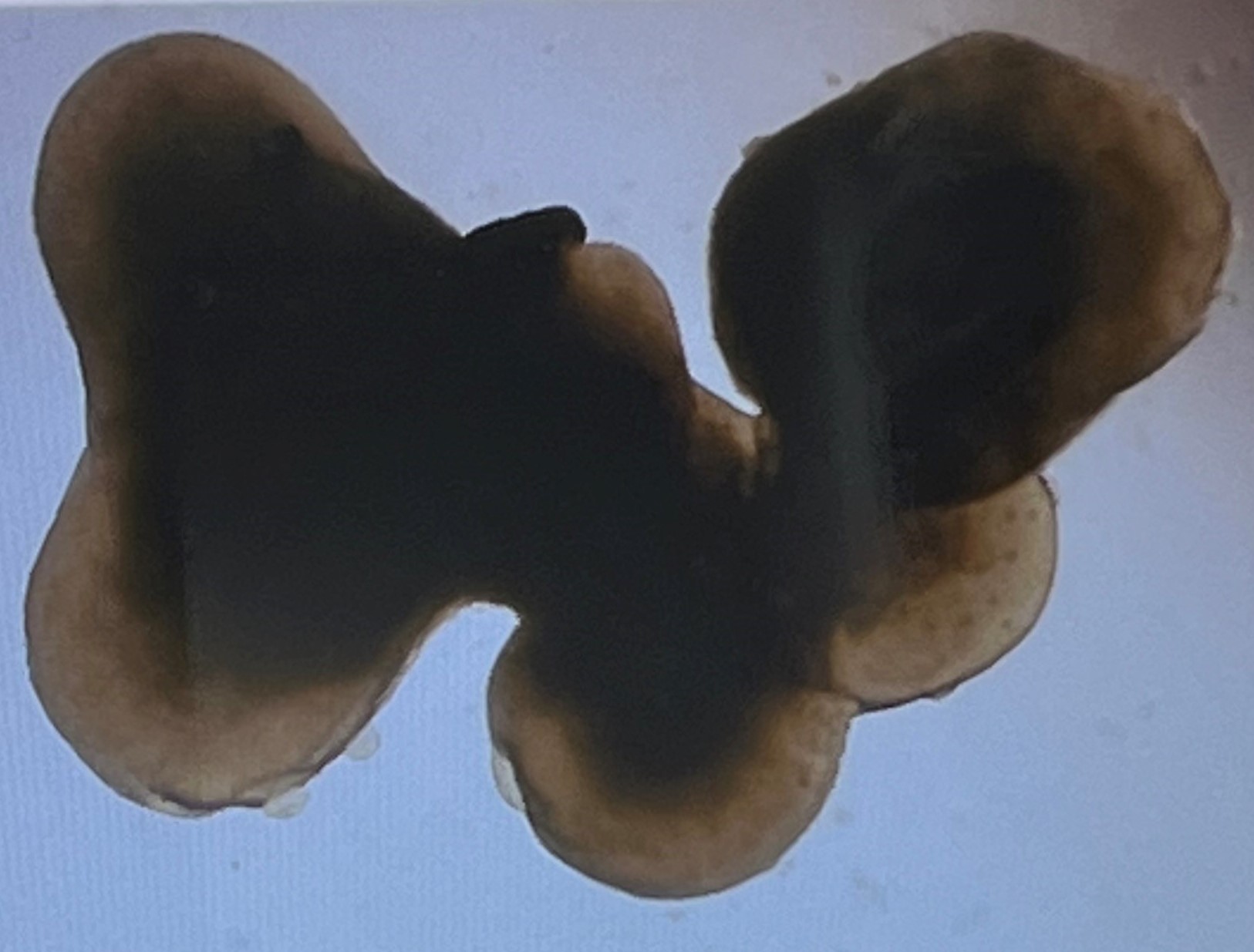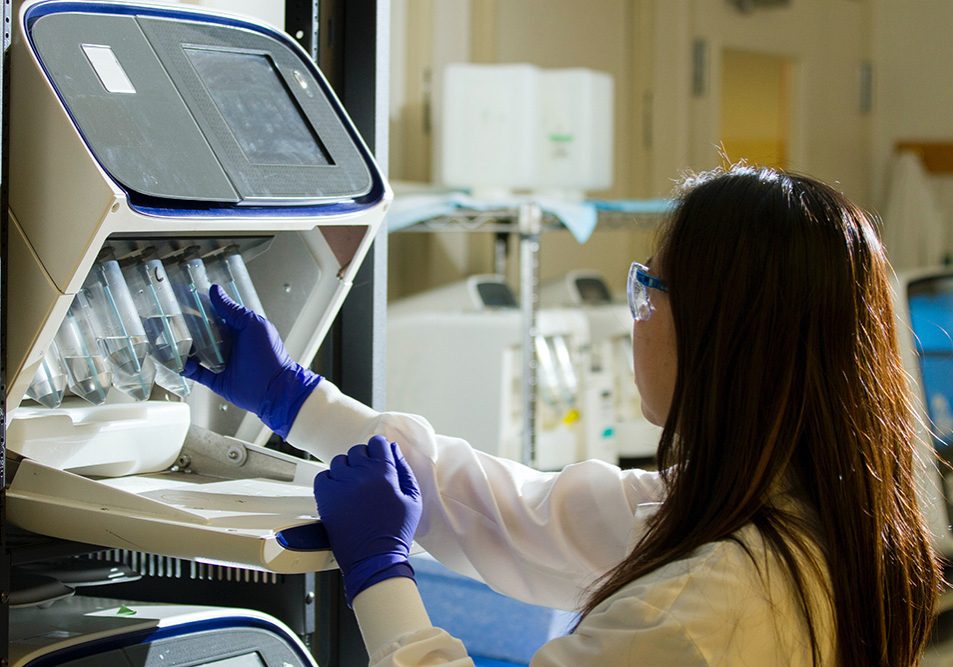9 July, 2024
Hot Off The Press
IRD research is making its way out of the laboratory and into clinical trials.
‘Finally!’ I hear you say.
This month I am giving you snippets of some new and exciting phase 1 and 2 clinical trials, which were presented at the annual ARVO meeting (Association for Research in Vision and Ophthalmology) held in May this year in Seattle.
For those that are unsure, phase 1 clinical trials assess safety and dosage; phase 2 trials evaluate effectiveness and side effects; phase 3 trials confirm efficacy compared to standard treatments; and Stage 4 trials study long-term effects after the treatment is licensed.
Many treatments will inevitably fall down before approval, but the outstanding number of current ongoing trials around predicts a tsunami of useful treatments to come…..
…not soon enough for some of us!…
If you are curious for more detail then please check out the ARVO abstracts here.
- The first human study is underway for the treatment of Retinitis Pigmentosa 11 (defect in the PRPF31 gene), which is studying an intravitreal peptide. There are no adverse events so far in 6 participants.
- In a phase1/2 study for Batten Disease (CLN2 gene defect leads to seizures, and neurological decline and progressive retinal dystrophy in early childhood), subretinal gene therapy was safe and preserved the photoreceptors at 90 days.
- A study of 12 adolescents with Stargardt’s had them swallowing a retinol binding protein antagonist (RBP4). This significantly helped preserve vision without serious side effects over 24 months.
- New, more efficient gene editing techniques for “Retinitis Pigmentosa 1” were presented.
- AAV vectors that can transport bigger genes than previously … up to 16kb are now available.
- The Australian bionic eye (suprachoroidal retinal implant) for people with severe Retinitis Pigmentosa enabled participants to identify chairs, mannequins’ faces, and black and white objects in navigation studies.
- A lab study on a gene therapy for “biallelic PDE6B gene mutation” looked positive after 12 months, demonstrating an improvement in markers including visual acuity.
- A trial of subretinal gene therapy for Bothnia Dystrophy (delayed dark adaptation) speeded the dark adaptation and improved vision in participants.
- A gene-independent optogenetic therapy for Retinitis Pigmentosa (in the RESTORE trial) was encouraging, with an improvement in visual acuity and no serious adverse effects over 52 weeks.
- The ABACUS-1 study had 6 participants with advanced Retinitis Pigmentosa, and used KIO-301, an azobenzene photoswitch molecule. This is a gene-independent therapy that induces light sensitivity in retinal ganglion cells. The trial demonstrated improved vision and improved quality of life.
Geographic Atrophy:
- A real-world data study showed that those who took metformin (a common drug for Diabetes) had a 12% lower chance of having geographic atrophy. Further studies are needed to identify the relationship further.
- The LIGHTSITE III study tested a special light treatment called photobiomodulation (PBM) for dry AMD (age related macular degeneration), and found it improved vision and slowed disease progression. The PBM reduced the risk of significant vision loss by 53% and the onset of geographic atrophy (GA) by 73% compared to a sham treatment, so PBM could be a new way to help people with dry AMD keep their eyesight.
- 36 months of pegcetacoplan intravitreal injection therapy for Geographic Atrophy demonstrated a reduction in GA growth by up to 35% with 4 weekly treatment, and 24% with 8 weekly treatment, with most improvement in non-subfoveal lesions.
- A diet rich in lutein/zeaxanthin, β-carotene, zinc, and omega-3 fatty acids may lead to delayed progression of GA towards the central macula. (so again…eat a wide variety of plant-based foods… veggies, especially dark green leafy veggies, carrots, nuts, and seeds)
Neovascular AMD:
- The SIGHT-I study demonstrated that “HG202” gene therapy, could offer a safe and effective one-time treatment alternative for nAMD patients.
- “ABBV-RGX-314” gene therapy had good clinical outcomes and might be another promising treatment option for nAMD.
- The PULSAR trial for nAMD suggested that after monthly injections of aflibercept (anti-VEGF) for the first 3 months, subsequent extended dosing intervals of 12 or 16 weeks up till 96 weeks had results comparable to the usual 8 weekly injection intervals.
- Current-smokers with exudative AMD appear to have a slower response to anti-VEGF treatment compared to former- and never-smokers
If you are curious for more detail then please check out the ARVO abstracts here.
Cathy
Guest writer – Dr Catherine Civil
My name is Dr Catherine Civil. I have been associated with Retina Australia since the early 2000s. At that time, they were called WARPF, or the WA Retinitis Pigmentosa Foundation. WARPF were raffling a car in a shopping centre, and it caught my eye because my dad and my uncle both had Retinitis Pigmentosa. Being a doctor and a parent, I had a particular interest and awareness, not just of the disease, but of the fact that there was a significant risk that I or my children or my relatives might have inherited it.
I turned up at an AGM and found myself on the Board and engaged in fundraising. I spent several years on the Board and met some wonderful people, and I was even Chairman for a couple of years. When I left, I started writing the “Hot off the Press” research update column for the newsletter.
I arrived from the UK in the early 1990s with my husband and twin baby girls to live in Perth for a year for a bit of sunshine and fun, and we find ourselves still having fun in WA 30 years later, and with a grown son as well.




